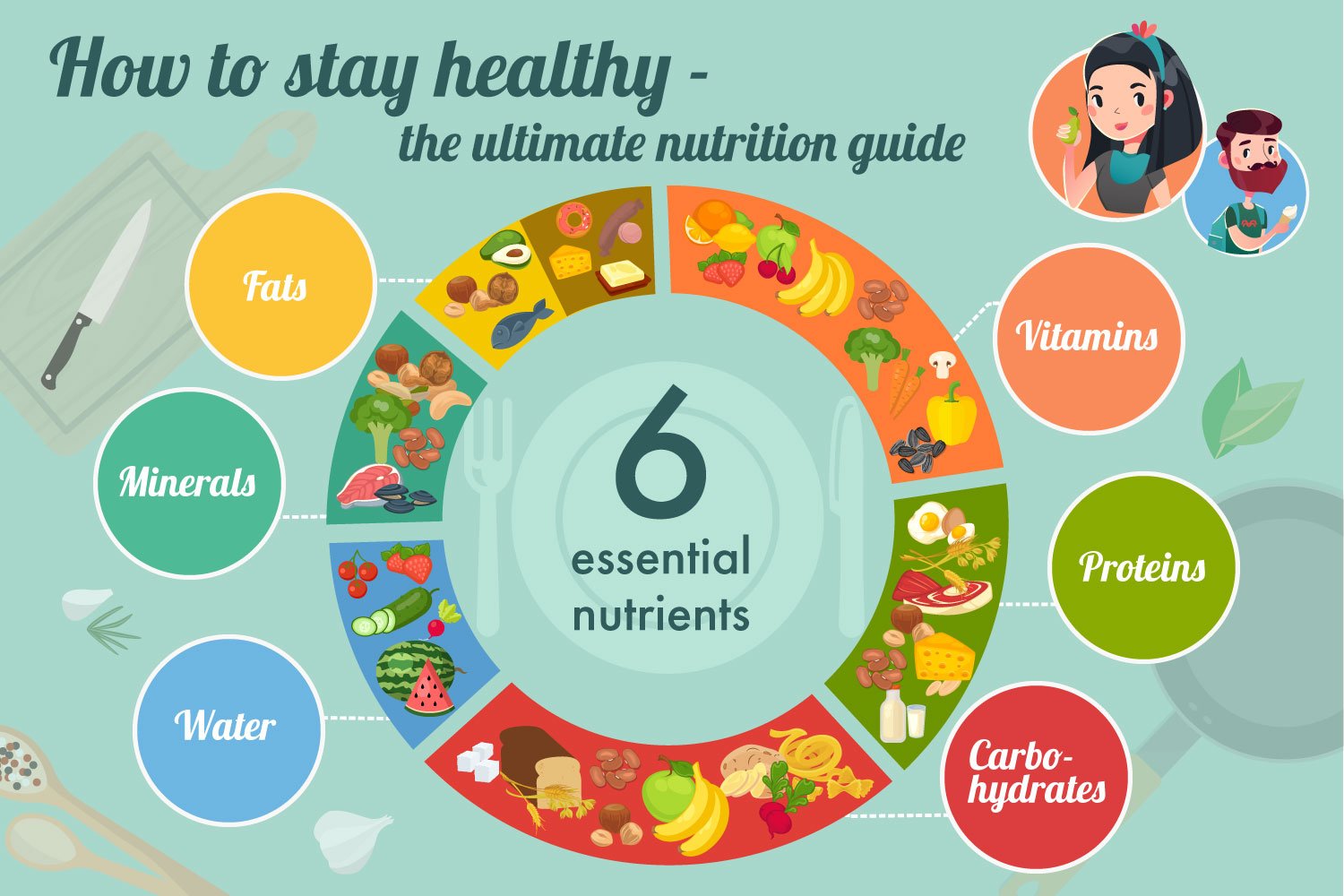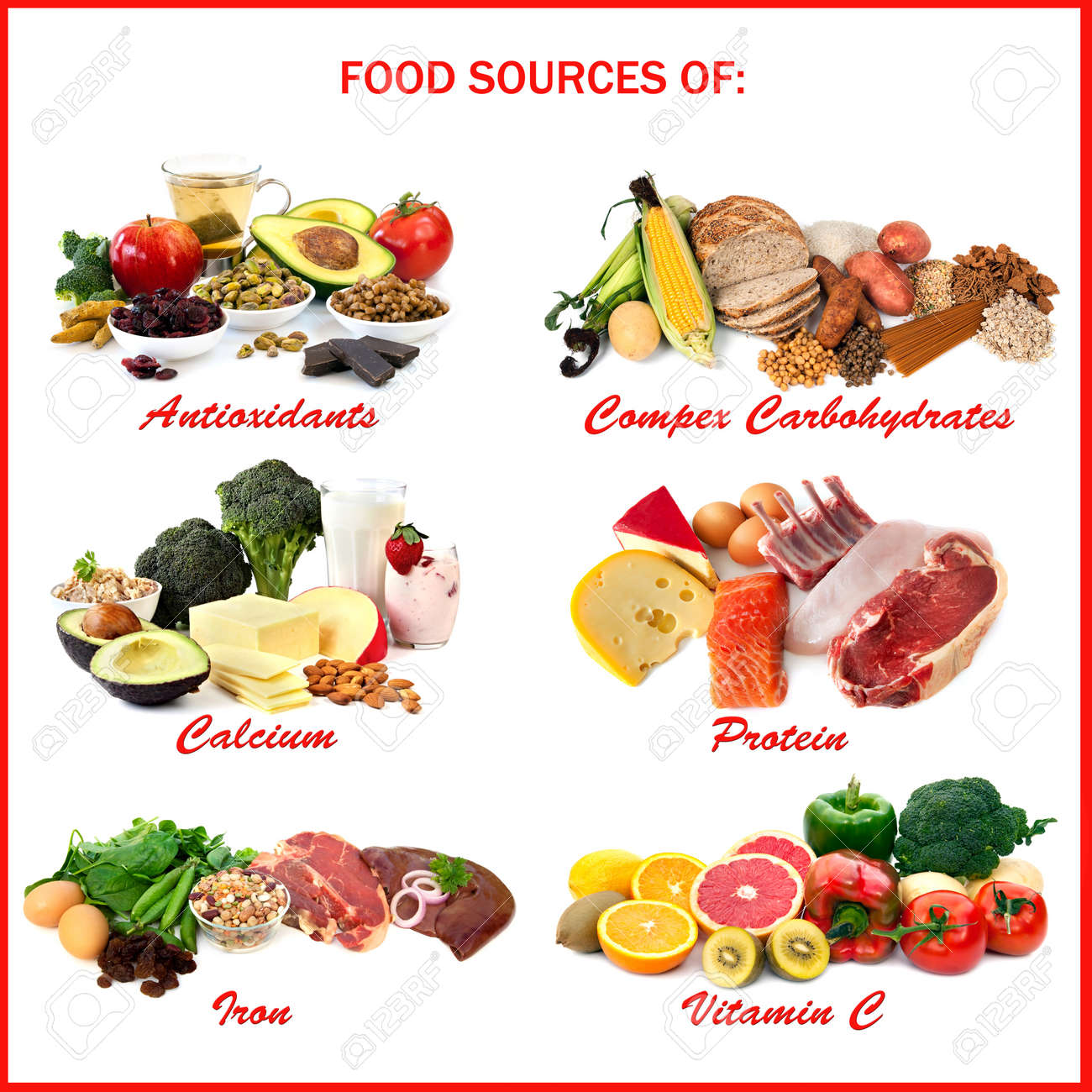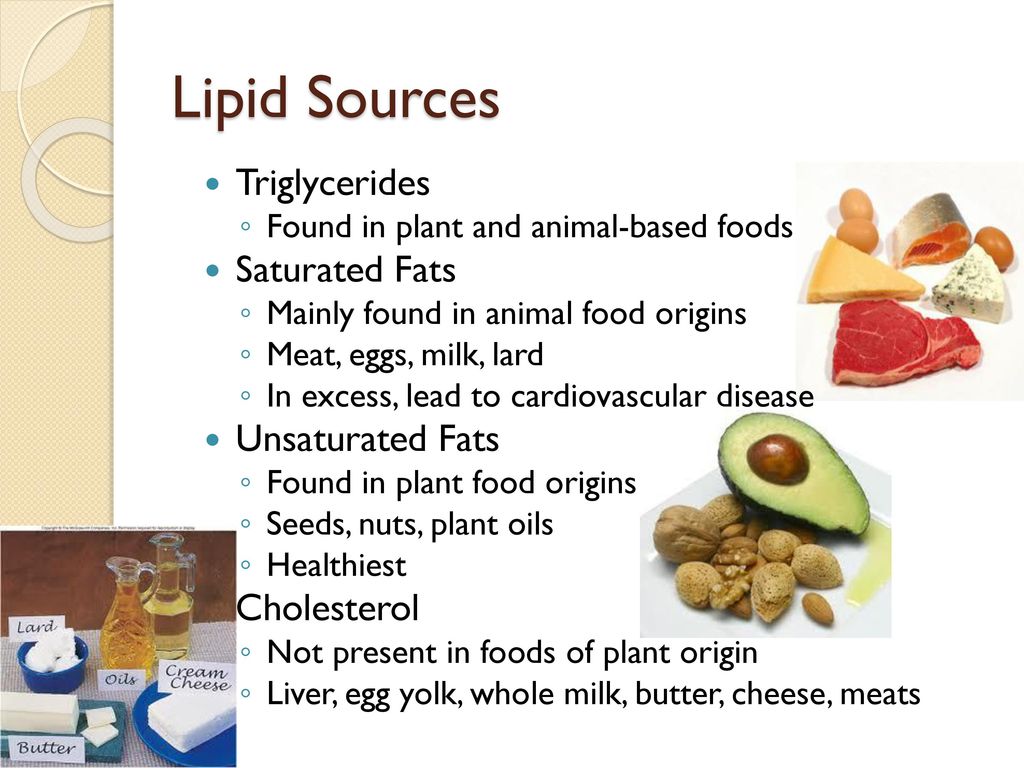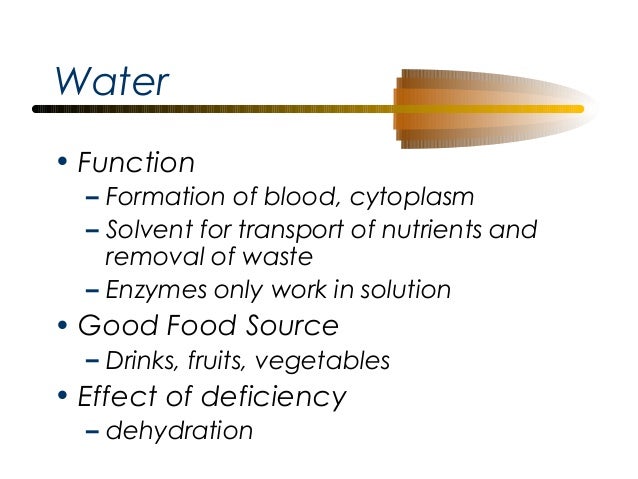➤Proteins
Protein, a highly complex substance that is present in all living organisms. Proteins are of great nutritional value and are directly involved in the chemical processes essential for life -: meat, dairy, legumes, nuts, seafood, and eggs.
➤function of proteins
1. Growth and Maintenance
3. Acts as a Messenger
4. Provides Structure
5. Maintains Proper pH
8. Transports and Stores Nutrients
9. Provides Energy
source of protein (non-veg)
Carbohydrates are one of the three main classes of foods and a source of energy. Carbohydrates are mainly sugars and starches that the body breaks down into glucose (a simple sugar that the body can use to feed its cells ex- pasta, rice, cereals, bread, potatoes, milk, fruit, sugar
function of carbohydrates
➤lipid (most commonly called fats)
These organic compounds are nonpolar molecules, which are soluble only in nonpolar solvents and insoluble in water because water is a polar molecule. In the human body, these molecules can be synthesized in the liver and are found in the oil, butter, whole milk, cheese, fried foods, and also in some red meats.
functions
➤Vitamins:
Vitamin, any of several organic substances that are necessary for small quantities for normal health and growth in higher forms of animal life. Vitamins are distinct in several ways from other biologically important compounds such as proteins, carbohydrates, and lipids. Although these latter substances also are indispensable for proper bodily functions, almost all of them can be synthesized by animals in adequate quantities.
common vitamins include the water-soluble B group vitamins and vitamin C and the fat-soluble vitamins A, D, E, and K
Fruits and vegetables are generally good sources of Vitamin C and A and folic acid (a B group vitamin)
Grains and cereals are generally good sources of the B group vitamins and fiber
Full-fat dairy and egg yolks are generally sources of the fat-soluble vitamins A, D, and E
Milk and vegetable or soya bean oil are generally good sources of vitamin K, which can also be synthesized by gut bacteria
➤Minerals
Minerals are those elements on the earth and in foods that our bodies need to develop and function normally. Those essential for health include calcium, phosphorus, potassium, sodium, chloride, magnesium, iron, zinc, iodine, chromium, copper, fluoride, molybdenum, manganese, and selenium.
function and source
Water is a clear thin liquid that has no color or taste when it is pure. It falls from clouds as rain and enters rivers and seas. All animals and people need water in order to live.
function of water
(Summary)
A person needs to consume all six types of essential nutrients to ensure the best possible health. These nutrients support vital functions, including growth, the immune, the central nervous system, and preventing disease.
Typically, a person who eats a healthful, balanced diet that includes lean proteins, vegetables, fruits, complex carbohydrates, and water will get the nutrients they need.
People with digestive issues, who take certain medications, or have other conditions may require supplements to help them get the body’s essential nutrients.
An individual should speak to their doctor about any medical conditions and the medications they are taking before they start to take any supplements. Also, they may want to see a dietitian or nutritionist discuss their nutritional intake before they begin taking any supplements.













No comments:
Post a Comment